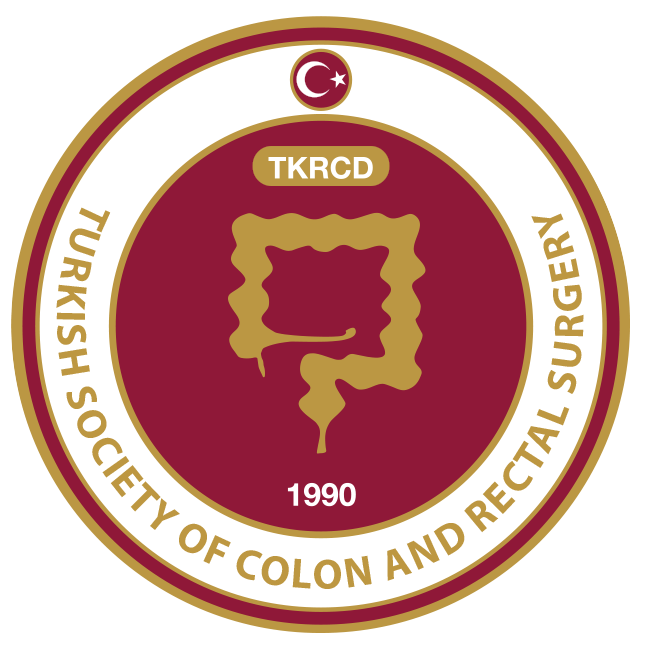ABSTRACT
Primary perianal Paget’s disease (PPD) is extramammarian Paget’s disease of the perianal skin without underlying cancer. In this video, we present a 53-year-old female with PPD who underwent wide local excision (WLE) with split thickness skin grafting (STSG). WLE is the procedure of choice in the treatment of primary PPD and the defect may successfully be reconstructed with STSG.
Introduction
This video (Video 1) presents the treatment of primary perianal Paget’s disease (PPD). Primary PPD is extramammarian Paget’s disease of the perianal skin without underlying cancer, such as anal canal or rectal carcinoma.1,2
The patient was a 53 year-old female with biopsy-proven primary PPD. All the diagnostic work up was performed in order to rule out underlying cancer and all results suggested there was none. The only abnormal laboratory test was an increased carcinoembriogenic antigen level of 10.6 ng/mL (laboratory range 0-5 ng/mL).
Mechanical bowel preparation was performed on the day before surgery. The patient underwent wide local excision (WLE) and split thickness skin graft (STSG) reconstruction in lithotomy position. A rubber rectal tube was placed for facilitating passing flatus and keeping the wound clean. The patient tolerated a fluid diet on postoperative day 1. She had pain at the perineum and the skin graft harvest site. The rectal tube and the wound dressings were removed on postoperative day 3 and she was discharged on postoperative day 4. The wound healed without complications and with acceptable cosmetic outcome.
WLE is the procedure of choice in the treatment of primary PPD. STSG is useful in reconstructing the perianal skin defect.



